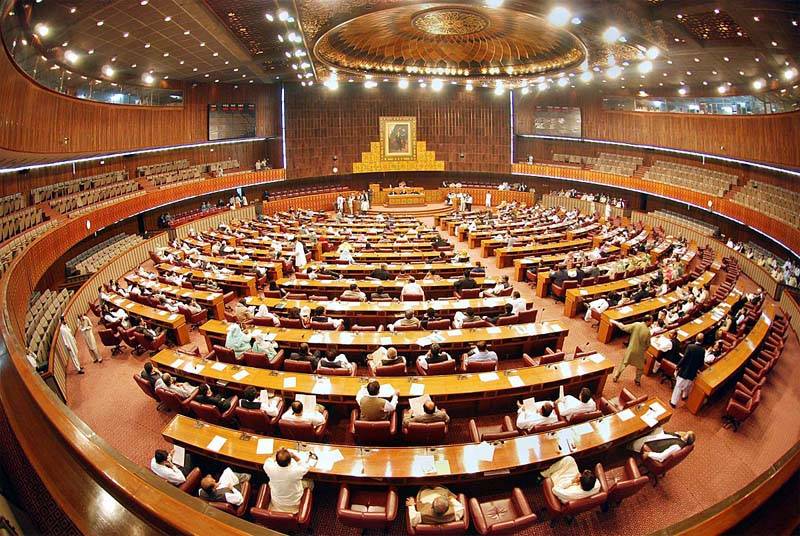National Assembly Speaker Ayaz Sadiq has announced that the government is looking to ban cell phone footage of parliamentary proceedings on Friday, as a result of the scuffle that took place in the National Assembly recently. The state has found issue with the subsequent criticism of both the government and opposition parties because a cell phone video of the incident was picked up by conventional media houses and social media alike. Rather than create discipline in parliaments, they would like to block coverage of the parliament, a right of the media and of the Pakistani public. Journalists are not to blame for doing their duty – reporting the events as they happened. In any case, it’s not as if these fights are out of the ordinary or even mutually exclusive to the Pakistani parliament – lawmakers all over the world have often come to blows.
The people have a right to know exactly how their leaders represent them in parliament. Political speeches and campaign promises are always eyewash, and never believable. If an individual is to make an informed choice about where their vote goes, then the best thing to do would be to see their current representatives in action and take it from there.
All over the world, in both developed and developing countries, parliamentary proceedings are televised, and it is recommended by election transparency bodies because of the obvious accountability it brings. In Pakistan, the debate is not new either. The idea was first floated in 2004, and has been used by opposition parties since, but to no avail. While using cell phones to record proceedings is nowhere near ideal, it is often the only source of real coverage that journalists are able to provide to the public due to the ban on TV channel cameras already in place.
The government needs to make all the houses of government more approachable, understandable and accessible for the common man, instead of acting like these legislators are a privileged class above public accountability. When issues of national security or sensitivity are being discussed, the parliament can discuss in private, but for everything else, the people have a right to know how their government does business and what issues are being discussed by whom. If the government wants to implement this ban, then it best work on allowing an alternative; either make coverage of the entire session mandatory by the state television (and not just speeches from the treasury benches), allow TV channels to broadcast proceedings, or make a new channel that exclusively deals with and covers parliamentary matters.






